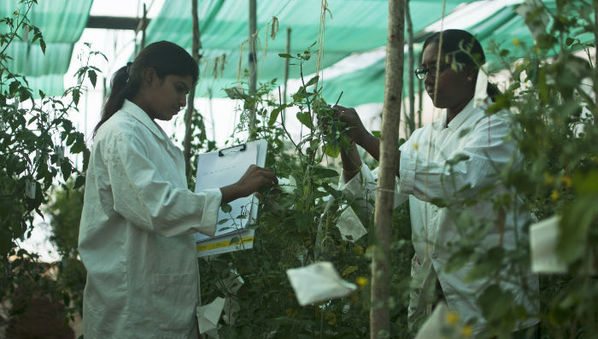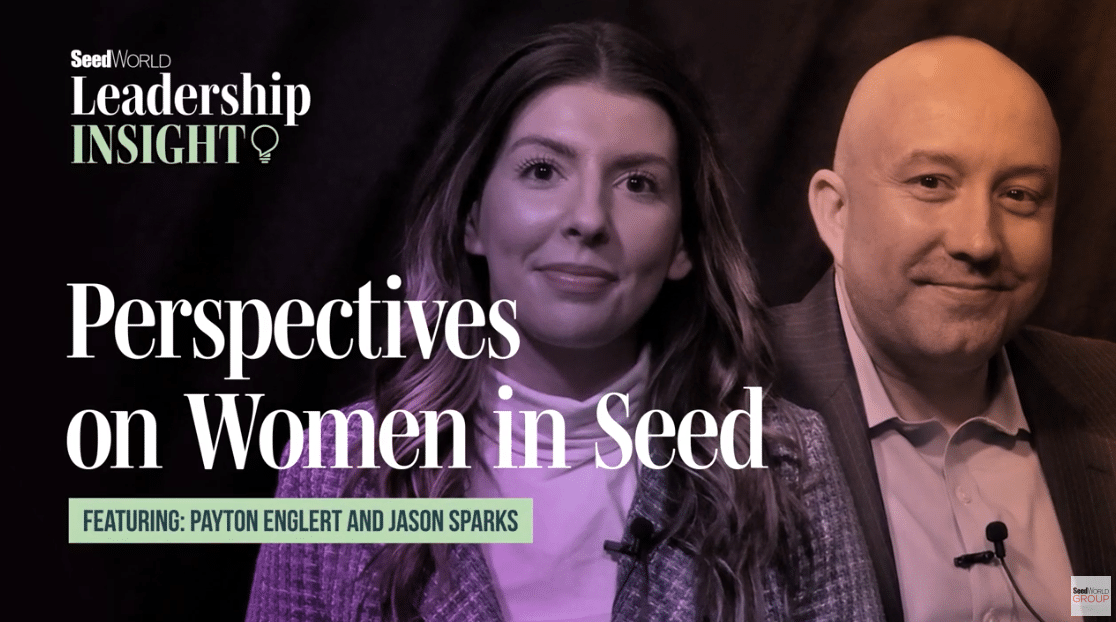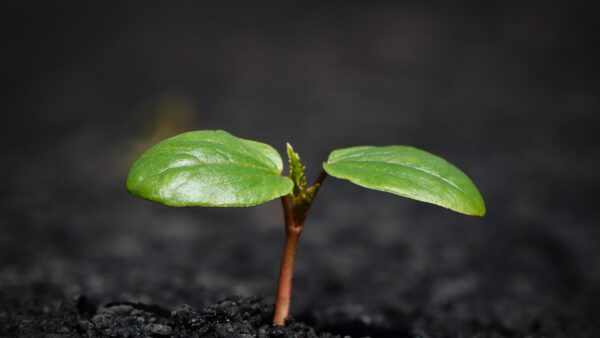Global seed companies are failing to meet the specific needs of female farmers and provide them with the plants they need, according to a study launched today.
The Access to seeds index report 2016 found that seed firms focus their research efforts on major cash crops, such as maize and rice. But they rarely strive to develop better varieties of seeds that are important to female farmers in developing countries, such as sweet potato or peanuts, the report says.
This means that female farmers benefit less from advances in seed breeding and agricultural science than male farmers, the report’s authors warn.
The report found that only three of the 17 global seed companies it studied have programmes that explicitly seek to take into account “women farmers’ input”.
Women look for specific characteristics in their seeds and plants that men might be less aware of, says Coosje Hoogendoorn, head of research at the Access to Seeds Foundation, which aims to bridge the gap between major seed firms and smallholder farmers, and which wrote the report.
For example, women prefer vegetables that can be cooked fast and grains that take less time to pound into flour, Hoogendoorn says.
“This might be something that men will not be thinking about so much,” she says. But if seeds are easier to grind, it frees up time for women to do other things. “If women have more time for their farm, it helps them move out of poverty and become entrepreneurs,” she says.
Regional seed companies are better at including smallholder farmers in research than their global counterparts, and could help close the seed gap for women, the report says.
While global companies focus on breeding and developing new seed varieties, regional companies interact with small-scale farmers and local markets, feeding client preferences back to their global partners, the report says.
Therefore, local firms could help global companies understand what female farmers need, says Ian Barker, the head of agricultural partnerships at the Syngenta Foundation for Sustainable Agriculture. Seed varieties that neatly match women’s needs already exist, but global companies are marketing these poorly because they lack awareness of women’s requirements, he says.
“That could be one of the big values of this index: it shines a light on these areas that need attention,” he says.
—SciDev.net













